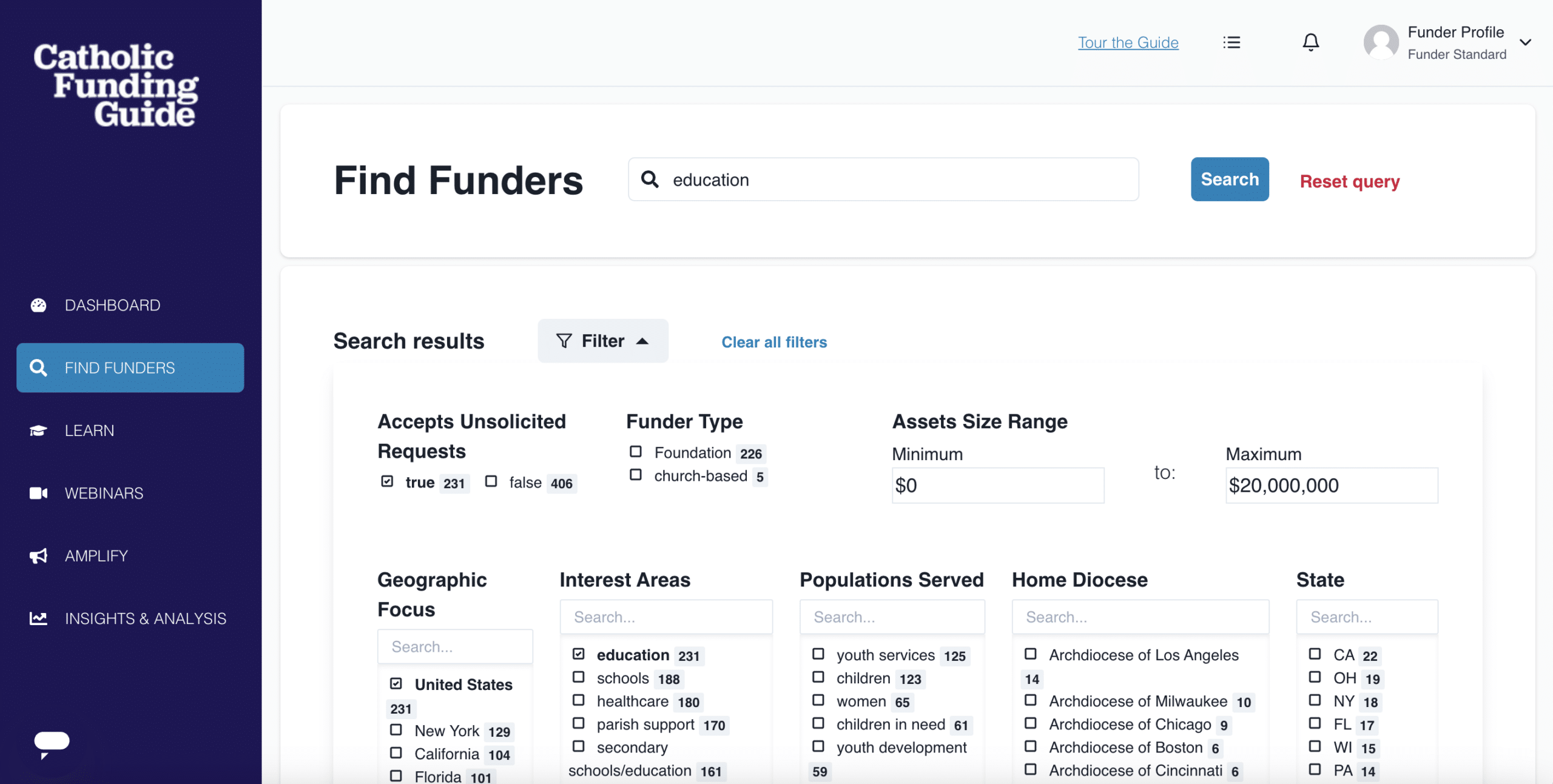What is a Private, Charitable Foundation?
A private, charitable foundation is established for charitable purposes—to carry out a mission —while, at the same time, providing donors to the foundation with a tax deduction for their contributions. Unlike community foundations, private foundations receive most of their financial support from—and are normally controlled by—an individual, family or corporation. Their structure includes a board of directors responsible for their management.
Charitable foundations can be tax-exempt, and are required to follow certain regulations. For example, they must make charitable distributions, or grants, each year. They typically make grants to public charities, but can also provide aid directly to individuals for purposes such as disaster relief and hardship assistance. Additionally, charitable foundations can run programs and conduct charitable activities related to their mission. For more information on private foundations, visit the IRS’s website and talk with trusted financial and legal advisors.
What Do You Need to Start a Foundation?
Once you’ve determined that you are ready to take your philanthropic efforts to the next level and start a private charitable foundation, it is important to consider the next steps. Being aware of the decisions you will need to make can simplify the process of setting up a foundation.
Determine a Philanthropic Objective
The first step is to decide your overall “why.” Is there a cause you are especially interested in or passionate about? Do you want your mission to focus on one specific area, or do you want the freedom to support a wide variety of causes? Once you’ve determined your focus, draft the mission statement that will guide your philanthropy.
Solidify Grantmaking Guidelines
You will also want to consider your vision for your philanthropic process. Will you give primarily to organizations you are already familiar with? If so, you may not need a formal grant application process. However, if you’d like to hear from other organizations whose missions are of interest to you, it may be helpful to map out an application process, determining what information you will need as part of an application, when you will accept applications, and what kind of reporting you will request from grantees. If you need help getting started, you may find it helpful to refer to the information nonprofits provide for their Amplify projects, as they are designed to function as a basic grant application.
Logistics
There are many legal and financial implications of establishing a foundation. Find legal and financial advisors to assist with the initial establishment of the foundation as well as for ongoing compliance, tax returns, and recordkeeping. You will also need to select your initial board members or trustees. Additionally, determine if you will hire staff to handle the day to day operations of the foundation. When making this decision, consider factors such as budget, your personal time, and the degree of control desired.
Plan for the Future

Some philanthropists establish foundations solely as a vehicle for their personal giving over the course of their life, and plan to spend down their foundation at a certain point. Others see the foundation as a legacy to pass on in perpetuity to future generations. This decision will impact choices such as how much of the foundation’s assets to distribute annually.
Formalize Your Foundation
Once you have your priorities determined and you’ve recruited a team of professionals for support, you are ready to start the process of formally establishing your foundation. Typically you will want to form a private, charitable foundation as either a trust or corporation under state law; however, it is important to consult with the relevant professionals who are familiar with your particular situation.
You will also need to apply for an employer identification number and apply to the IRS for recognition as a tax-exempt 501(c)(3) organization so that the foundation can receive tax-deductible contributions. Your state may have additional required paperwork to obtain tax-exempt status from your state.
Follow IRS Private Foundation Guidelines
On an ongoing basis, you will need to consult with legal and tax professionals to ensure you are following the relevant regulations. Generally speaking, these are some of the things a private charitable foundation will need to do to maintain its status:
- Make grants worth at least 5% of the foundation’s investment assets each year
- Provide grants to other nonprofits only, though some circumstances may allow grants to individuals, such as for educational scholarships
- Pay a 1% to 2% excise tax on the organization’s net investment income
What Are the Benefits of Establishing a Foundation?
While setting up a foundation requires effort and a firm commitment to philanthropy, there are benefits over giving directly to nonprofit organizations or through a donor advised fund (DAF).
Tax Benefits
By giving to a foundation or DAF from your business or personal earnings, you may be able to take advantage of a current-year tax deduction for your contributions, but wait to give to the charitable cause of your choice until you are ready. This tactic can enable philanthropists to give more strategically in ways that make the most significant impact for nonprofit organizations. You can also, in some circumstances, give the funds directly to an individual in need; something that is not tax-deductible if done by an individual or corporation.
Control Your Impact

By establishing a foundation, the philanthropist can retain full legal control over the governance of the foundation as well as its assets and spending. You also have the ability to delegate or retain the day to day operations of the foundation by hiring staff or handling the operations on your own.
Create a Legacy
If you choose to set up your foundation to operate in perpetuity, it presents you with the opportunity to start a family legacy. If named after your family, the foundation will link your family name with good works. By involving younger family members in the work of the foundation, you can pass on values that are important to you as well as skills younger the next generation will need to carry out the mission of the foundation in the future.
Multiple Ways to Further Your Mission
Finally, private charitable foundations have the option to run charitable programs without setting up a separate nonprofit. If you have an idea for a charitable activity that you’re interested in exploring, establishing a foundation may allow you to pursue that as well.
Starting a foundation is an involved process, but for those who wish to amplify their philanthropy with more targeted, structured giving while building a legacy, it may be the ideal choice.
The Catholic Funding Guide is a project of FADICA, Foundations and Donors Interested in Catholic Activities. Learn how qualified foundations can connect with other Catholic philanthropists and continue their philanthropic journey through FADICA.


